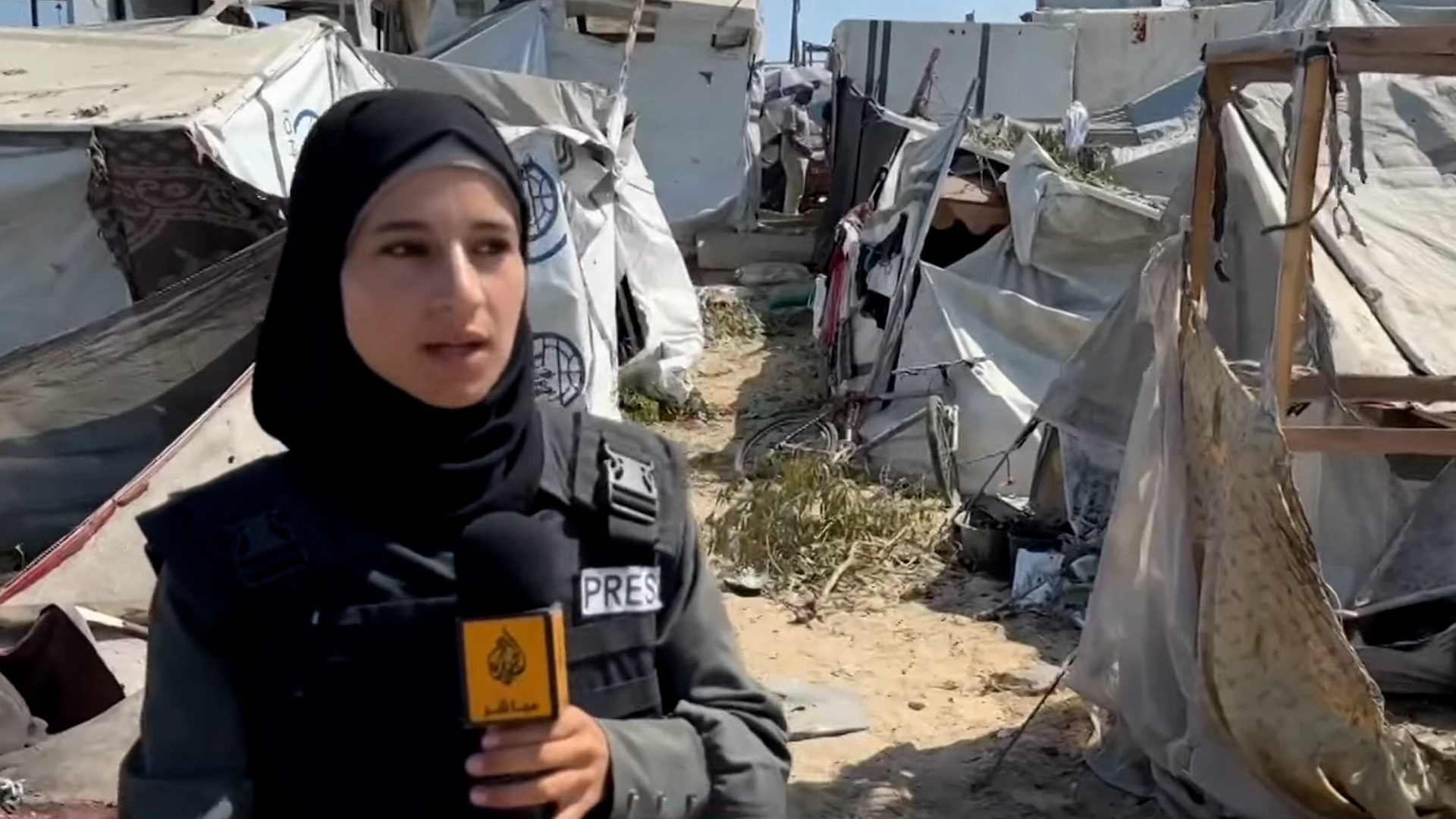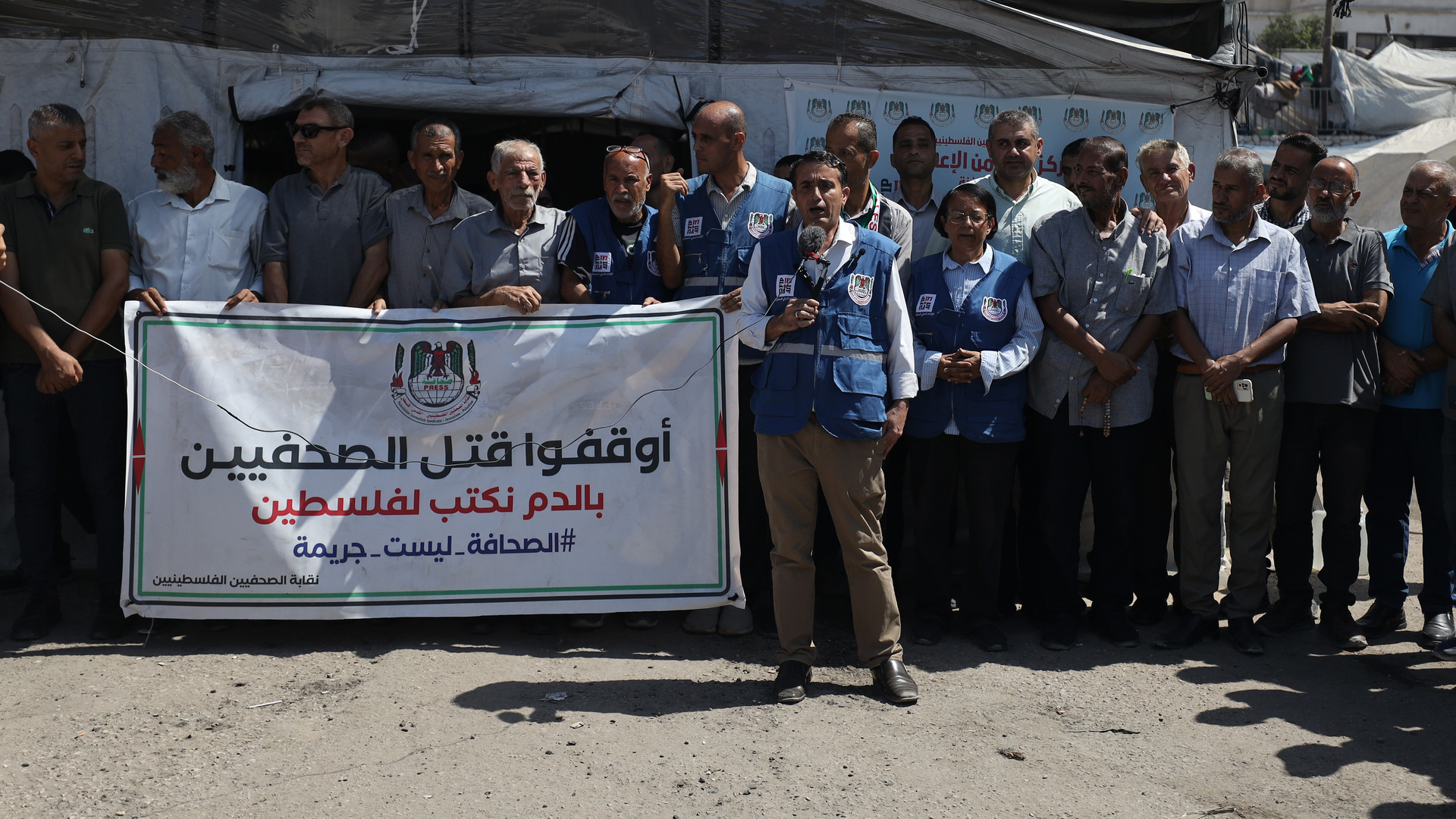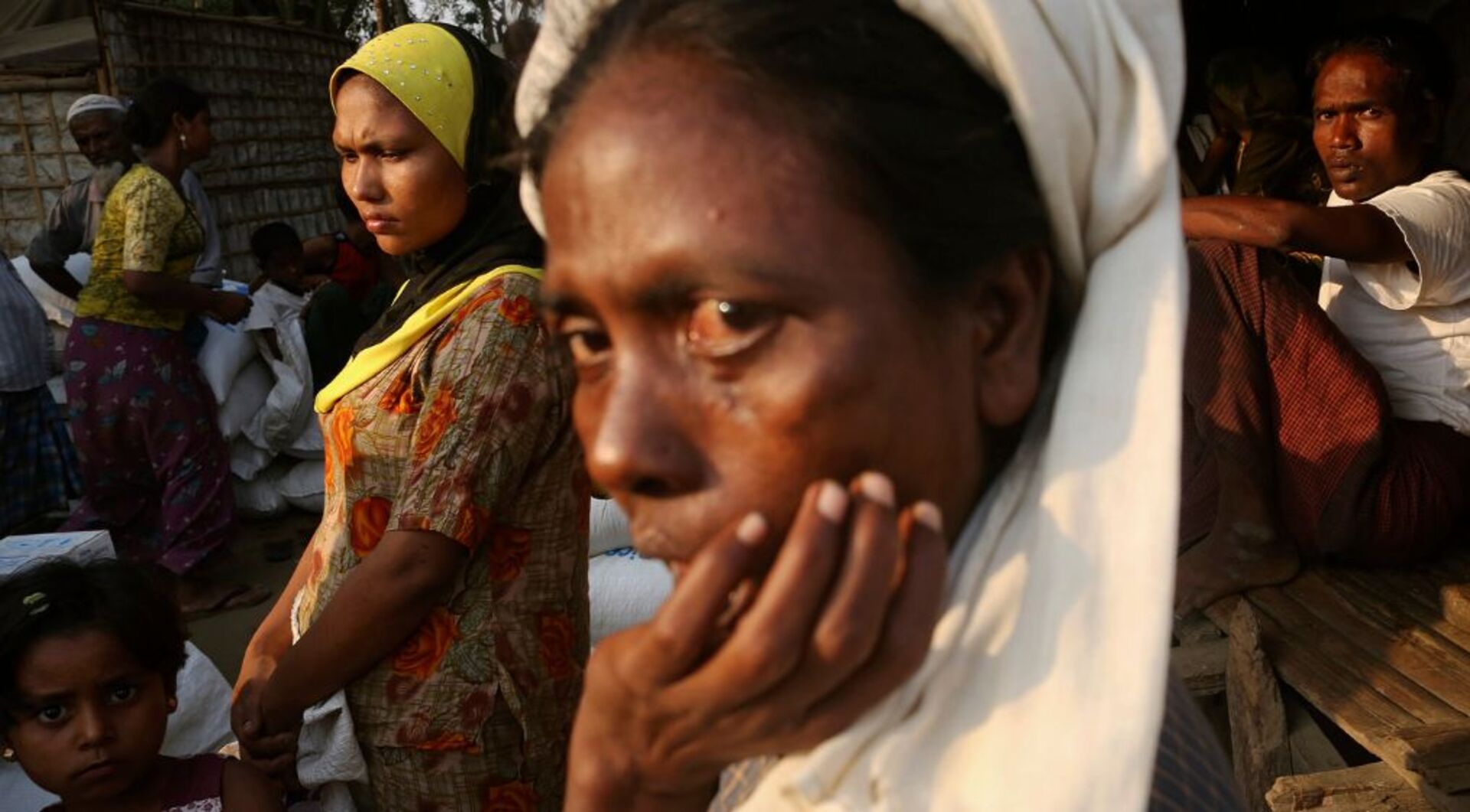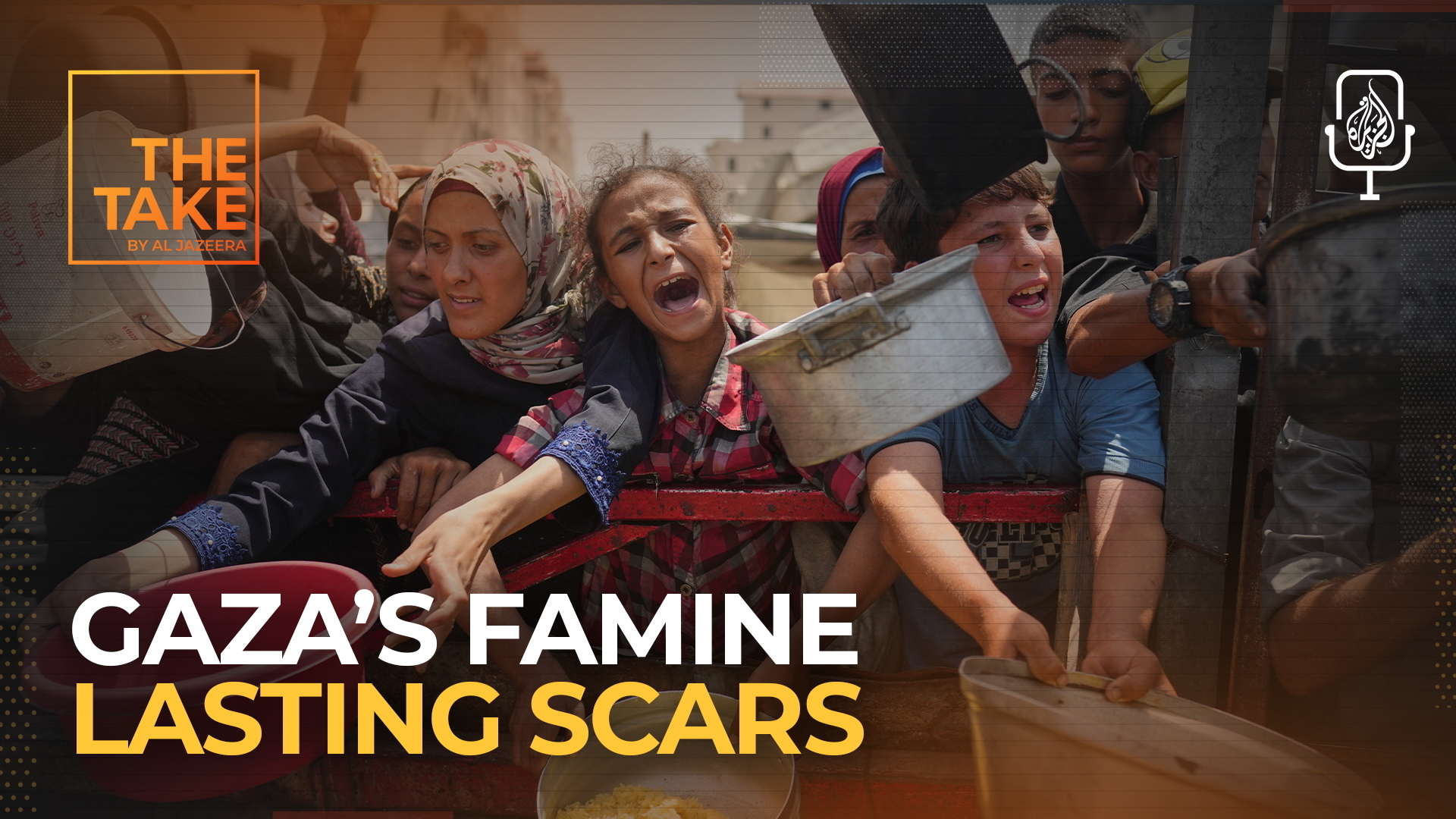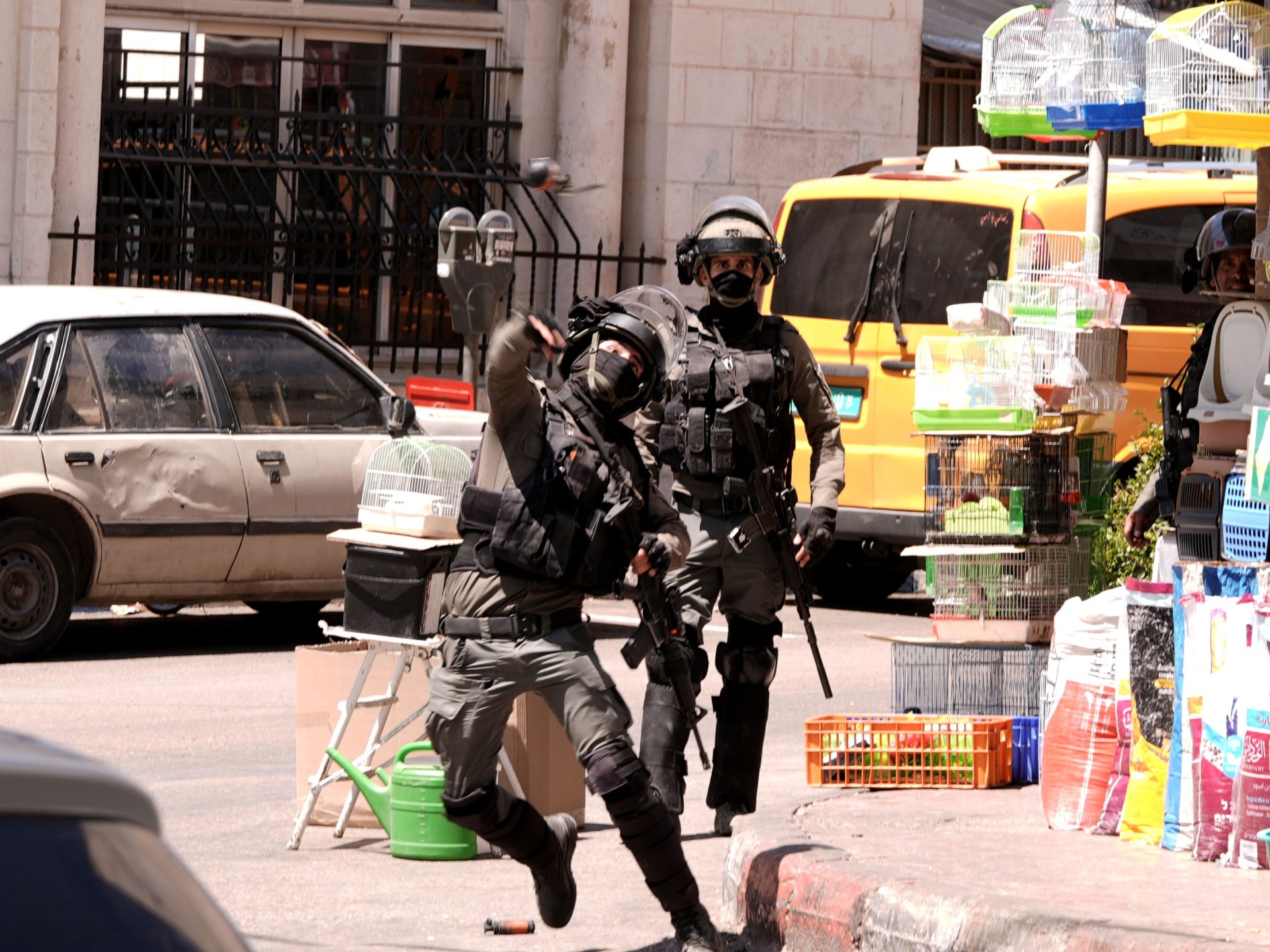According to Defense Minister Pedro Sanchez, at least 34 government soldiers have been kidnapped by armed civilians in a jungle in southeast Colombia following clashes that resulted in the deaths of 11 fighters, including the head of a dissident faction of the former FARC rebel group.
Members of the Central General Staff (EMC), a group of former combatants with the left-wing FARC, and the Revolutionary Armed Forces of Colombia, who were involved in the fighting, who were protesting a peace deal with the government in a rural area of the province of Guaviare on Sunday.
After an EMC commander and ten other rebels were killed in a military operation, Sanchez claimed on Tuesday that the soldiers were being driven out of the area.
Sanchez told reporters, “This is a criminal, illegal action by people dressed as civilians.” This is a kidnapping, I say.
The jungle region is renowned for its extensive coca crops, the main ingredient in cocaine production, and is regarded as a strategic corridor for drug trafficking.
In a southwest mountainous area known for its cocaine production and one of the most tense in the country’s ongoing security crisis, the army claimed 57 soldiers were seized by civilians in a similar abduction in June.
The EMC, the main FARC dissident group, is the main source of orders for the Colombian army to continue serving the civilians there.
Despite the peace agreement with the FARC nine years ago when it was Colombia’s largest rebel group, armed groups continue to exist in Colombia after a six-decade conflict that has resulted in the deaths of more than 450, 000 people.
In two attacks attributed to dissident FARC factions, at least 18 people were killed and dozens were hurt last week.
A vehicle loaded with explosives went off on Thursday near a military aviation school in Cali, the third-largest city in the country, injuring 71 people and killing six people, according to the mayor’s office.
In the municipality of Amalfi in the Antioquia department, a drone shot down a National Police Black Hawk helicopter hours earlier, killing 12 police officers.
